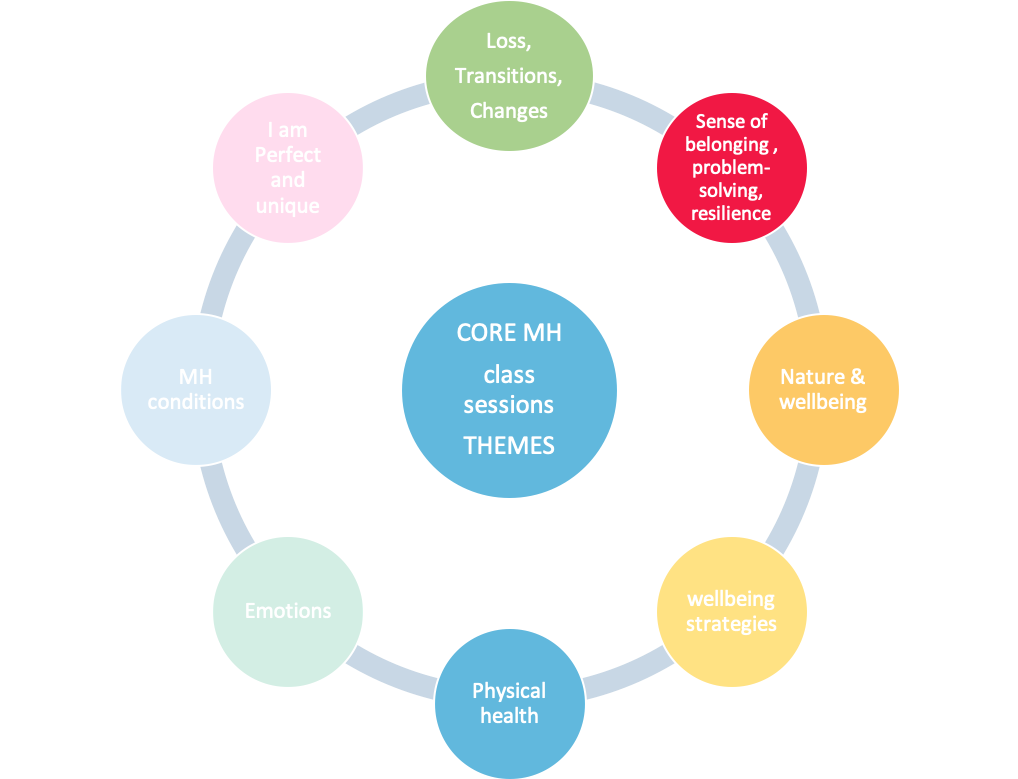Welcome teachers and parent/carers to CORE mental health...
Your answer to supporting children’s mental health via the CORE Mental Health PSHE Primary Curriculum and home programme for 4-11 year olds.
Fun solutions to supporting the wellbeing of your class or child(ren) providing comprehensive, proactive, evidence-based weekly sessions with mental health topics at their core.
core mental health
revolutionising the approach to mental health in primary schools and homes
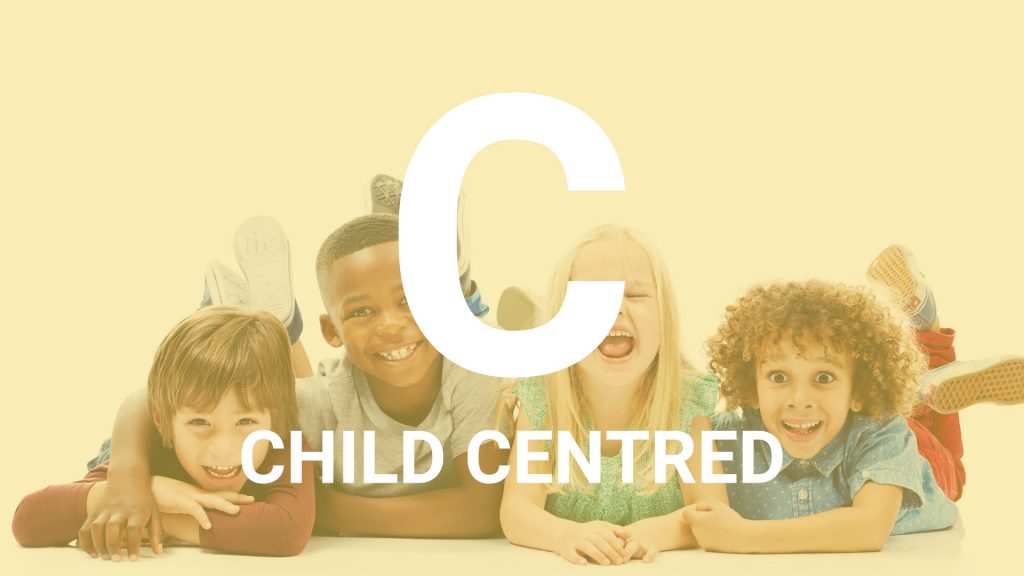
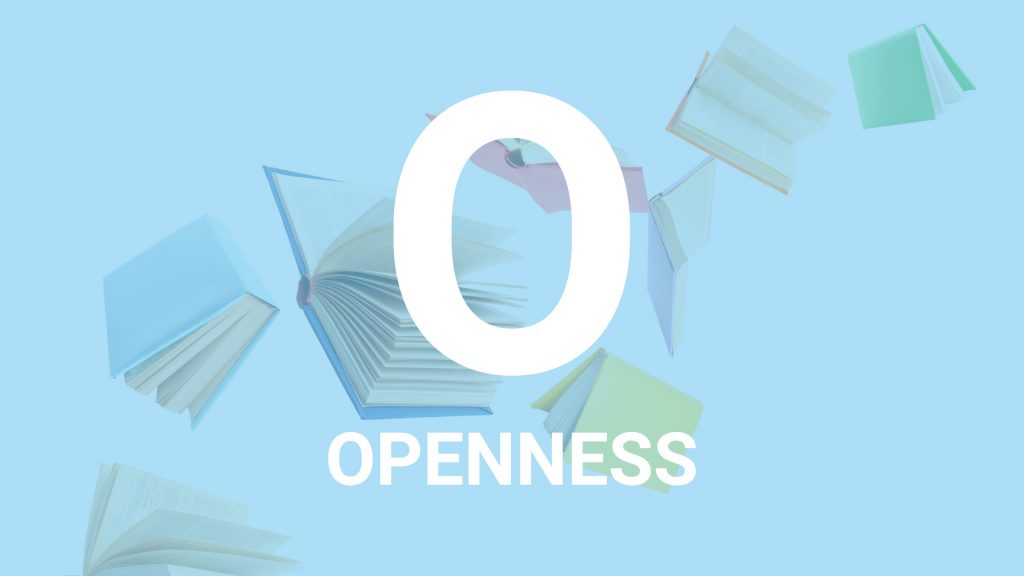
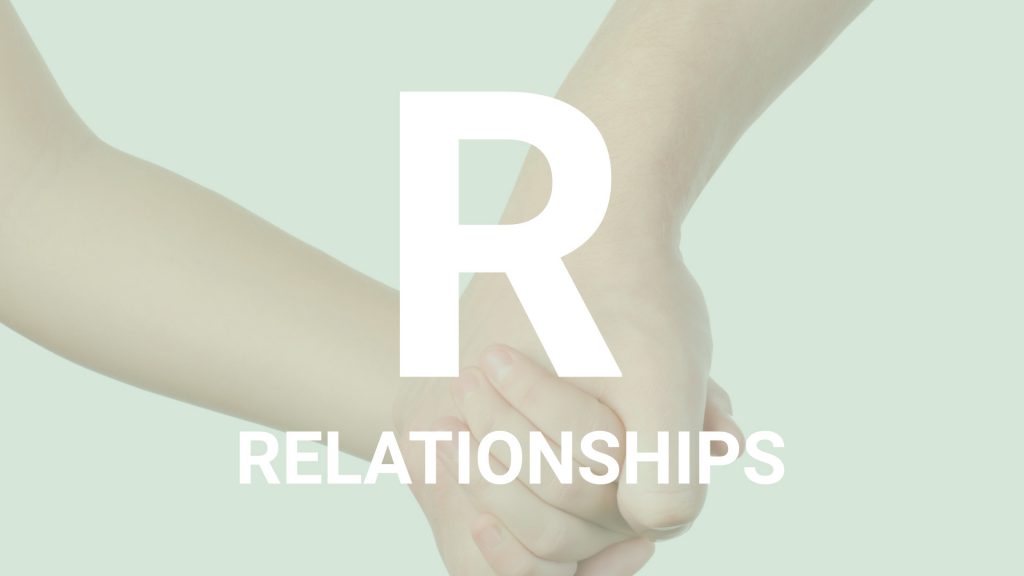
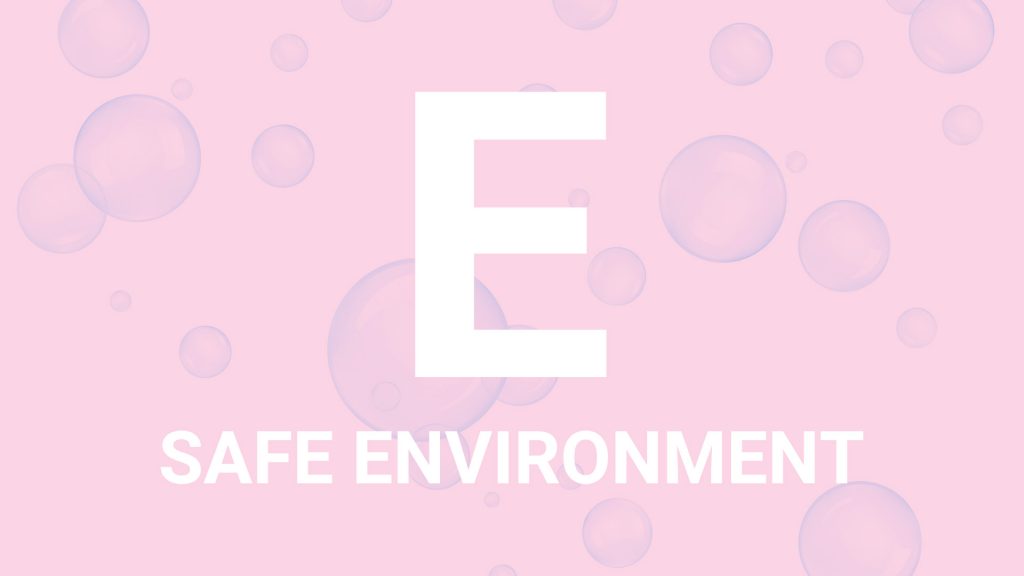
A week-by-week curriculum and Parent/Carer Programme to strengthen children's mental health
Empowering teachers to confidently address Personal, Social, Health and Economic (PSHE) topics to reduce mental health stigma and create a more compassionate school environment.
Informing parents/carers about the crucial topics to address with their child in a fun, engaging way with videos, audio notes and interactive tasks.
School year
Reception - y6 Ages 4 to 11
Mental Health and Wellbeing
Evidence Based
Online
English
The Curriculum and Programme
discover our range of topics designed to build resilience
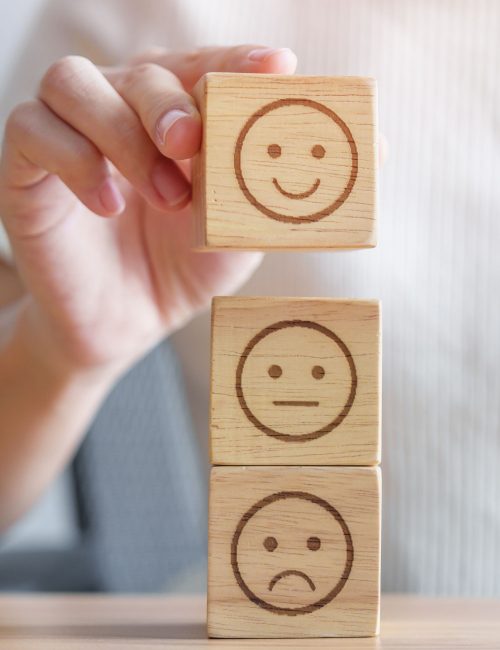
benefits of the core MH curriculum
effectively build lifelong mental wellbeing in children.
‘Schools afford a great opportunity…to promote overall emotional wellbeing and social and moral development. Schools are imperative in mental health promotion and prevention.’
The Centre for Mental Health Missed Opportunities Report 2016
- Early intervention
- Whole-school approach
- Proactive approach
- Build emotional literacy and resilience
What Does CORE stand for?
Child-centred
Designed to appeal to young children and even the most introverted of pupils.
Collaborative
Teachers are encouraged to work alongside children in sessions.
Compassionate
The approach prioritises kindness and understanding.
Creative
There is a focus on play and using imaginative and innovative methods to engage children, making learning about mental health both fun and impactful.
Open
Represents the need for open and honest language to normalise discussions about mental health. This is so that stigma is reduced and children are encouraged to authentically express their feelings and know it is okay to talk about feelings.
Relationships
Focused on relationships as they’re the key to effective support. The aim of CORE Mental health is to foster trust and connection between children, teachers, and the wider school community.
Resilience
Aimed at building resilience in children which is paramount in supporting their mental health.
Environment
Focused on building a safe and supportive environment.
Empathy
Emphasising the importance of empathy by encouraging children to understand and respect each other’s feelings and perspectives.
Emotional Regulation
Encouraging emotional regulation in pupils including strategies and activities designed to help children manage their emotions effectively.
An Introduction
What is the Curriculum and Parent/Carer Programme about?
Who We Are
find out more about the story behind CORE Mental Health
topics
What topics are covered in the CORE MH curriculum and parent/carer Programme?
The sessions are evidence based and focused on a number of different themes which all contribute to building resilience and strength.
